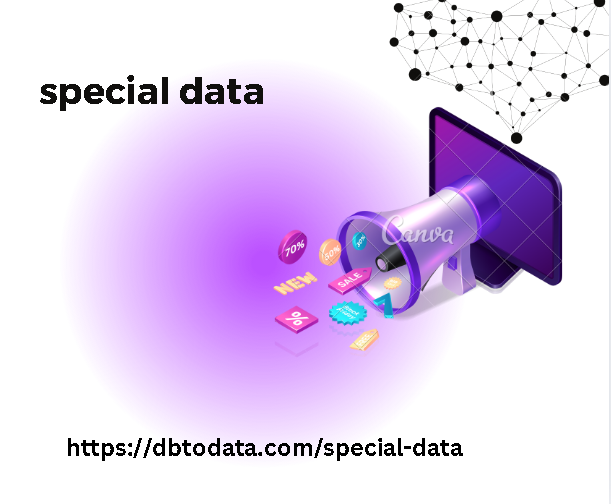In addition to the homepage, detail information for each movie is tailor for the user:
Which version of the film description and highlights should be shown?
How should this video be label ?
Which version of the poster should be display ? (Netflix calls this “artwork”)
Netflix has it 10 versions of the best clips for “House of Cards” bas on the. Characteristics of different audience groups; and for “Stranger Things” alone, there are 9 posters that users may see! Each poster of the film shows the uniqueness of the work , which may be a close-up of the famous actors who participat in the work, a classic scene of the work, or a scene that best expresses its essence. user’s past behavior data and interests. For example, if you often watch action/adventure movies in the past, Netflix will choose a poster version with action or exciting scenes when pushing new works.
Poster Versio
Collect user behavior data in real time
To achieve the above personaliz experience, Netflix ne s self employed database to collect a large amount of user data every moment. The movie recommendation system continuously changes and updates the works and relat materials it pushes to users bas on various user usage data. The data collect by Netflix includes:
The video content and search content that users have click on in the past
User interaction with the video
including pausing, rewatching or leaving the video and viewing time
User viewing habits – including day (weekdays or a little more to find the right term , right? weekends?), time period and device (mobile phone, tablet or laptop?), etc
Behavioral data of other users who share uk data the same interests and behaviors as you
Every seemingly small action of users on the platform is of great significance to Netflix! In addition, the more recent the behavioral data is, the higher the proportion it occupies in the system calculation process.

